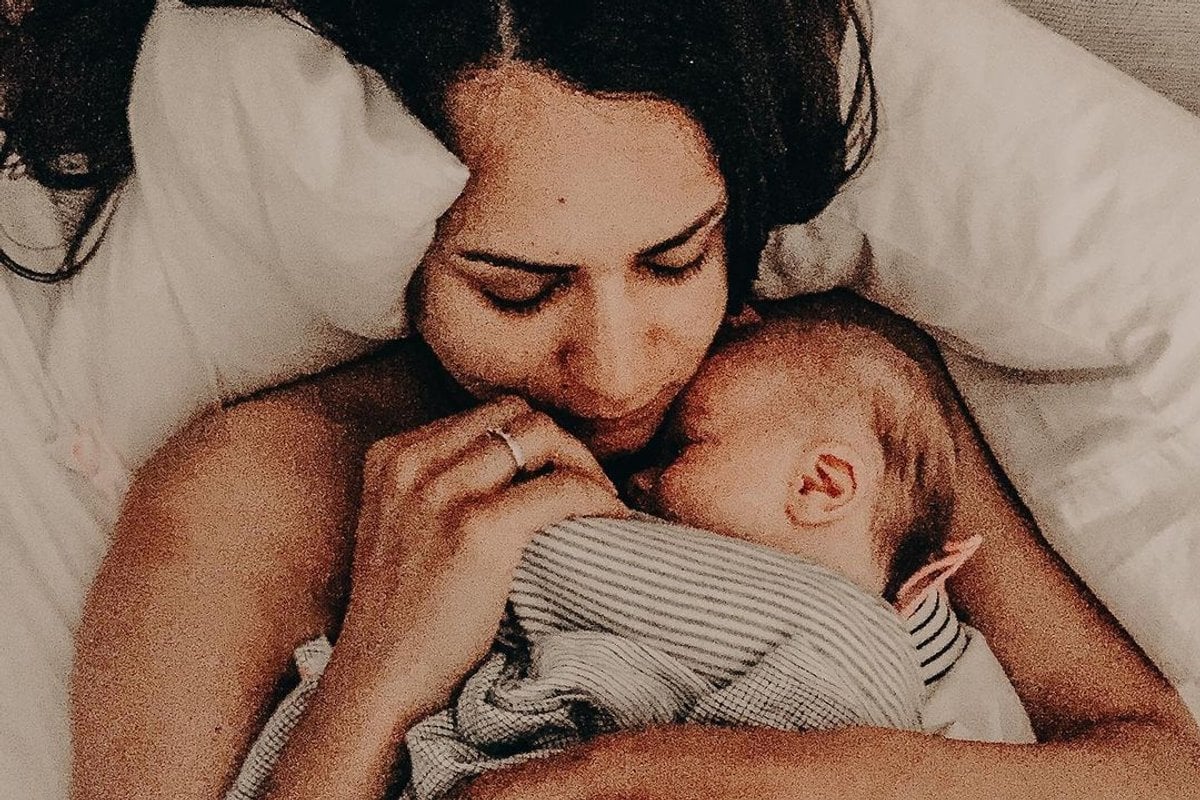
This post deals with infant loss and might be triggering for some readers.
Trust in social media has fallen recently. Facebook’s move in response to the Australian Government Media Bargaining code backfired, fake news continues to be peddled, and trolling and cyber abuse are in the spotlight nationally.
A lot of us are tired - of the humble bragging, the bullying and the incessant news cycle. It's easy to think that it's time to disengage from social media altogether.
But I don't think we should. I have seen the worst side of the internet in my work as a cyber security expert: the vitriol, the abuse, even the creepiest corners of the dark web first-hand.
I have also been exposed to it as a baby loss mother.
Watch: A tribute to the babies we've lost. Post continues below.
Three years ago I started a charity, 'The Lily Calvert Fund' (LCF). LCF was set up in memory of my baby who died from an incurable brain disease. In this role I talk about grief and paediatric palliative care, and for unknown reasons, these deeply personal topics can attract trolls.
Despite that, I will not be renouncing social media and I do not think other Australians should either. Let me explain.
